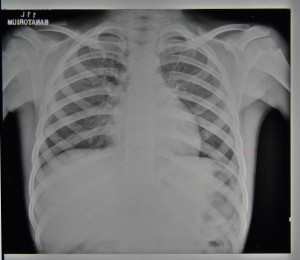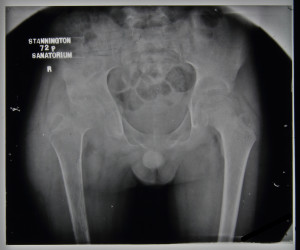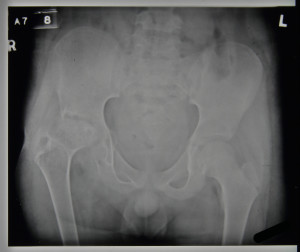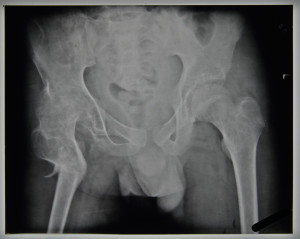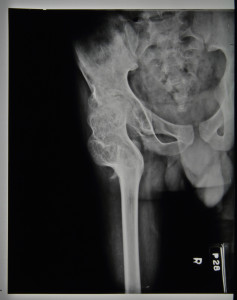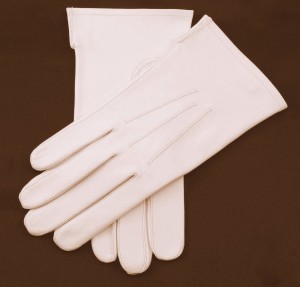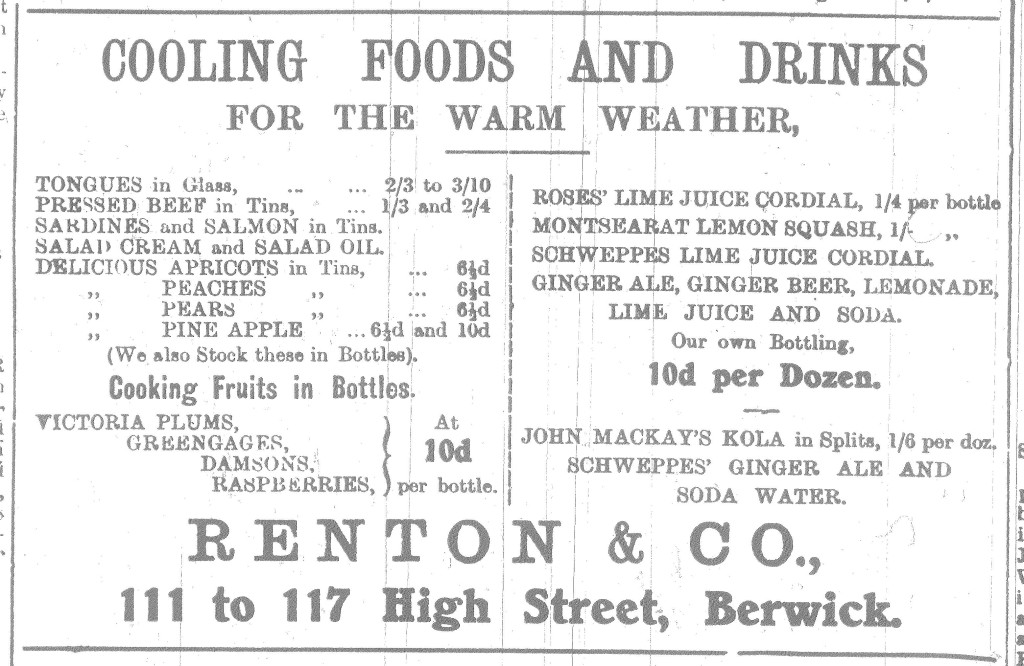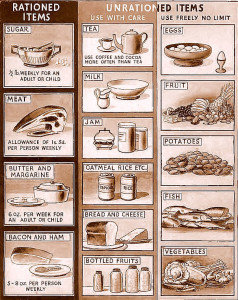BERWICK ADVERTISER, 2ND JULY 1915
BERWICK BOY SCOUTS FIELD DAY
On Midsummer Holiday Berwick-upon-Tweed Boy Scouts had a combined outing to Chain Bridge. The patrols from Tweedmouth and Spittal joined Berwick boys at Headquarters, Palace Green, where arrangements were completed for the march. Headed by a patrol leader bearing the Troop
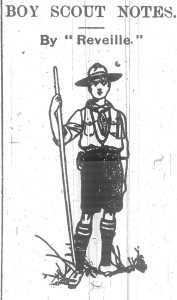
flag, the procession passed through the town and made quite a good show, the treck-cart party coming up close behind, and being followed by the Cyclist Scouts.
After a halt at Cantie’s the troop resumed their march and reached Chain Bridge in time to have bathing parade before dinner. The afternoon was pleasantly spent, and after tea, a football match, Berwick versus Tweedmouth and Spittal, was played off, resulting in a victory for the latter.
The weather was glorious up to this point, but the thunder-storm which broke as the boys were on their way to Velvet Hall Station literally put the damper on them. However, they were very happy, and quite enjoyed the day’s outing.
Altogether, 134 boys were present at the outing, the Scoutmasters in charge being Messrs Clements, Turnbull, Moore and Edward Smith. Mr T. Boal very kindly acted as Scoutmaster for the day, and to him and to Mr Bell, farmer, Bankhead, who kindly placed a field at the disposal of the Scouts, as well as to Mr T. C. Smith, Castle Terrace, who provided prizes, the thanks of the Scouts’ Association are heartily tendered.
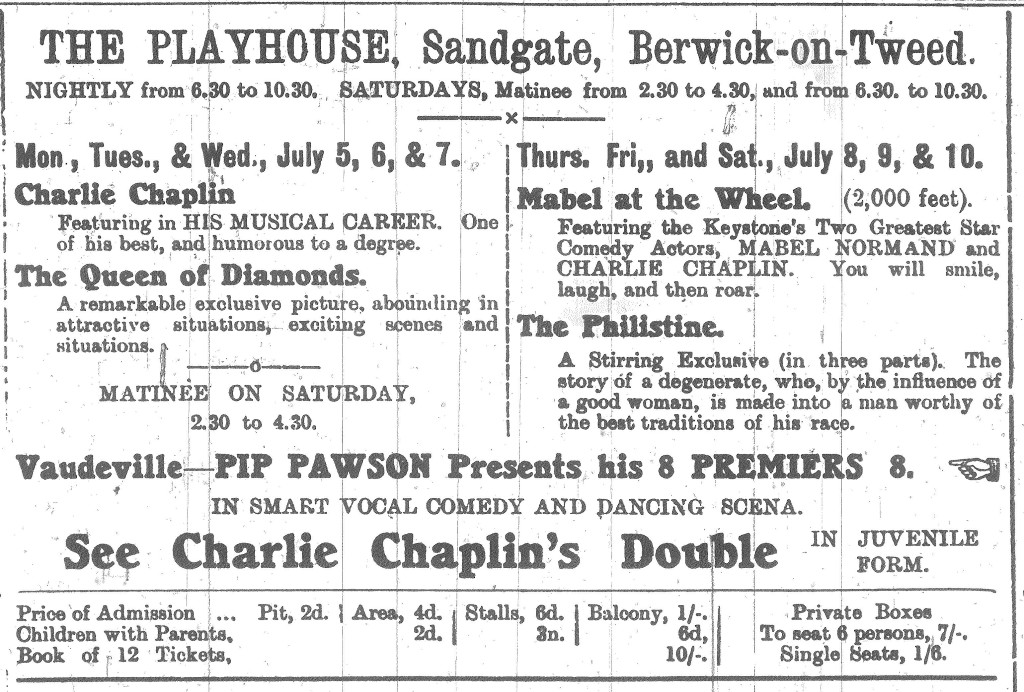
Playhouse Advert
SUNDAY SCHOOL TRIP
On Tuesday afternoon the children attending the E.P. Church, Tweedmouth, had their annual trip to Greenlaw Farm, Foulden. The farmer, Mr James Renton, and family, seem to look forward to the coming of the children and their friends with pleasure, and to find special delight in making preparations for their entertainment. As the long procession of carts, kindly supplied by Messrs Peter Edgar, Camphill; David and James Renton, Spittal Hall; Mrs Marshall, Tweedmouth; Mr Cowe, Baldersbury; and Mrs Waite, Castlehill, passed along the youngsters broke away from the monotony and depression of the time-making all within reach of their voices forget for a little the worries and anxieties of the war. Once on the field there was a rush to the liberty to scamper and play and amuse themselves without restraint. After tea, served by the teachers, the games and races were resumed with vigour, and kept going till a few loud claps of thunder intimated that it was time to quit. Before leaving, to show how much they felt indebted to Mr and Mrs Renton and family for the invitation to their place, for the milk they supplied for the tea, and for their kindness and efforts to make the trip a success, three hearty cheers were given. The return journey, after a most enjoyable afternoon in the open, was completed without a mishap. The teachers beg to thank very sincerely Mr P. Edgar for his assistance on the field; Mr P. Boston for the use of the infuser; the ladies who gave the nuts and sweets; those who provided the carts, and all who contributed towards the children’s enjoyment.
LOCAL OFFICER WOUNDED
Lieut F.W Smail
Mr H.R. Smail, proprietor of the “Berwick Advertiser,” received word by telegram on Wednesday evening that his second son, Lieut. F.W. Smail had been wounded on Monday, but the nature of the wound is not stated.
Lieut. Smail was educated at Berwick Grammar School and Loretto School, Musselburgh, and afterwards was a student farmer. A year or two ago he entered the tenancy of Linton Burnfoot Farm, Kelso. A year before the outbreak of war he was a trooper in the Lothians and Border Horse, and from that regiment he transferred to the 7th N.F. as second lieutenant. He was keen and enthusiastic in the discharge of his duties, and before the 7th N.F. left for the front he was promoted 1st Lieutenant. His eldest brother, Captain H. R. Smail, is in the same regiment.
A letter we have received as we go to press states that Lieut. Smail was caught by a sniper while in the trenches at night. The bullet struck him on the back of the head, and he was carried from the trench unconscious. The wound is described as serious.
Lieut F.W Smail Dies From His Wounds
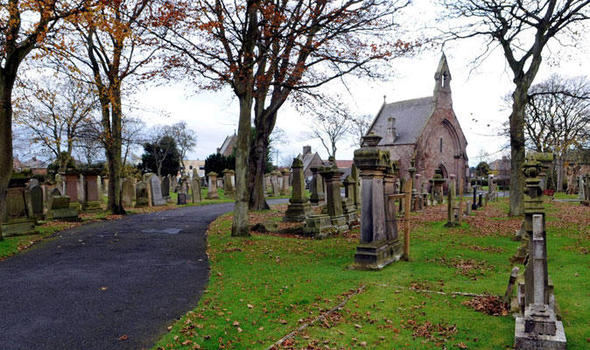
SMAIL, Lt. Frank Weddell. “D” Coy. 1st/7th Bn. Northumberland Fusiliers. Died 1st Dec., 1915 of wounds received near Wulverghem on 27th June. Age 23. Son of Henry Richardson Smail, of Berwick-on-Tweed. A.C. 412. Acknowledgement – Grave Registration Documents-Registers – CWGC


